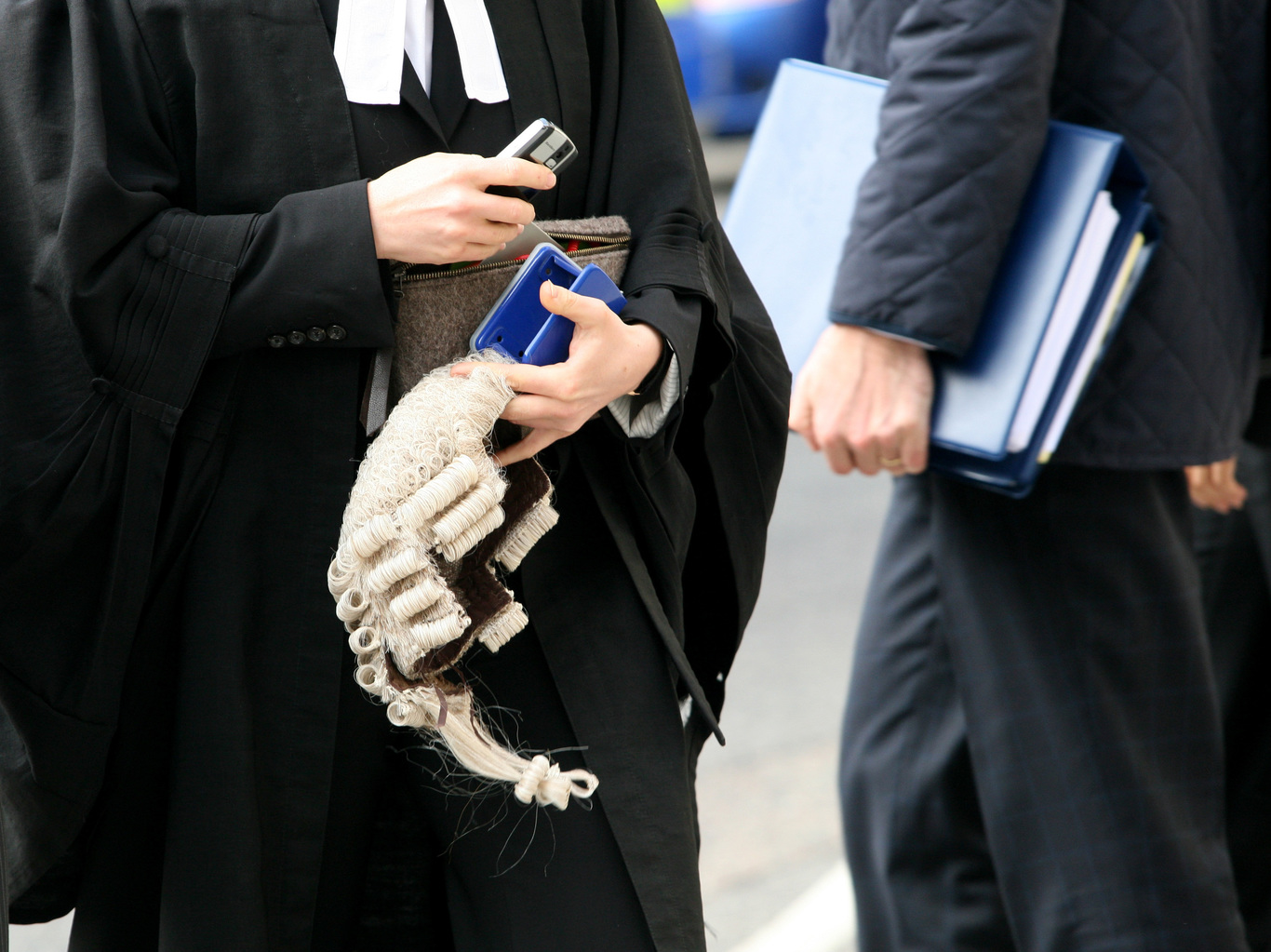Do employees have the right to call in a lawyer during work investigations?
A recent High Court case could change the definition of ‘fair procedures’ on the job.
THE HIGH COURT recently delivered a very significant judgment on the requirements for fair procedures in workplace investigations.
This case takes a different stance to previous Supreme Court authorities by requiring a higher standard for procedural fairness. The court found that employees are entitled to legal representation and the right to cross-examination during a workplace investigation.
Background
A complaint of bullying was made against a deputy principal. The employer informed the deputy principal and the complaint was investigated. The investigation report which was subsequently issued upheld four allegations of bullying.
The deputy principal was not permitted to cross-examine his ‘accuser’ or to have a legal representative present during the investigation. The deputy principal did not raise any complaint about this while the investigation was ongoing.
The employer informed the deputy principal that the investigator’s report was adopted and that he could appeal the decision, which he did. This appeal was rejected with the employer concluding that the investigation report stands.
In light of the findings of the investigation report, the deputy principal was required to attend a final stage disciplinary meeting (where the ultimate outcome could be dismissal).
The deputy principal then made an application to the High Court to review this decision, by way of judicial review (a review procedure for decisions/actions of public bodies).
High Court decision
The employer’s bullying policy did not provide for legal representation in internal processes. The court held that the exclusion of solicitors and the refusal to allow cross-examination constituted a clear breach of the constitutional right to fair procedures.
This was true, in particular, when “a complaint is made which could result in an individual’s dismissal, or where it impinges on the individual’s right to a good name…”
Therefore, the court held that the investigative process was contrary to fair procedures as the employee was not entitled to challenge and cross-examine evidence.
The court then set aside the employer’s decision to proceed to a final disciplinary hearing as this decision was based on an investigation with no sound constitutional basis.
What this means for employers
Potentially, this case has significant implications for workplace investigations as it sets a higher standard for procedural fairness for internal processes.
Up until now, a 2009 Supreme Court decision was the much-quoted authority on workplace investigations.
The case held that legal representation in internal disciplinary hearings should only be permitted in “exceptional circumstances” where a lawyer is required to ensure a fair hearing.
In assessing whether exceptional circumstances were present, the Supreme Court held that a number of factors should be taken into account, including:
- The seriousness of the charge and of the potential penalty;
- Whether any points of law are likely to arise;
- The capacity of the employee to present his/her own case;
- The need for reasonable speed in making the adjudication; and
- The need for fairness as between the parties.
What should you do?
As the judge in this recent High Court case referred to the right to a good name, this case could be interpreted to require cross-examination and/or legal representation in all workplace investigations or disciplinary processes.
However, a more sensible approach is that this should only apply to matters where more serious sanctions, such as dismissals, are contemplated or where a person’s reputation will be directly impacted.
Key things to note
It remains to be seen whether this signals a turning point for how workplace investigations must be carried out.
Ultimately, this case could be limited to its facts, especially in relation to legal representation, as this case appears to run counter to other Supreme Court decisions on this issue.
However, as the right to cross-examination has been disputed and raised as a constitutional right in a number of cases, this aspect of the most recent High Court decision is likely to be established as a legal right in serious disciplinary matters.
We recommend that, where possible, investigations are purely preliminary and for the sole purpose of gathering information as opposed to drawing any conclusions or making any determinations about an employee’s conduct.
If an investigation goes further than simple fact-finding, the full rigours of fair procedures should be provided to an employee if the employee’s reputation could be impacted or if it involves serious misconduct.
The content of this article is provided for information purposes only and does not constitute legal or other advice.
Joanne Hyde is a partner and head of the employment law unit at Eversheds Sutherland. This article was written in conjunction with Anna Broderick, also a partner in the firm’s employment team.
If you want to share your opinion, advice or story, email opinion@fora.ie.






